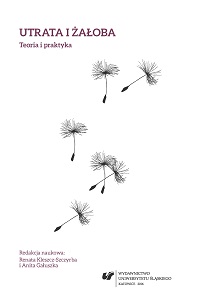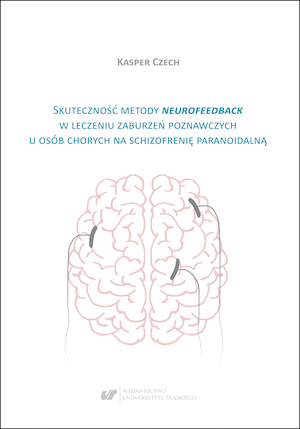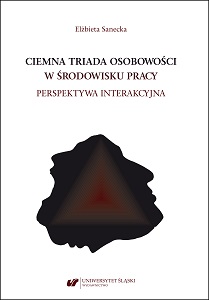
The Little Ball. Studies on Movement and Melancholy
Piłeczka. Studia o ruchu i melancholii
Keywords: Marek Bieńczyk; melancholy; literaturę; sports; wine; kitchen; travels; books; love;
The Little Ball. Studies on Movement and Melancholy is an edited volume dedicated to Marek Bieńczyk, on the anniversary of his birth. The volume is comprised of texts inspired by the works of the author of Tworki, The Book of Faces or Olga’s Apple, which reflect on the possibility of reconciling the aesthetics of melancholy with an affirmation of life and the force of literary game. The volume includes short pieces of prose, poetry, translations and essays penned by such influential writers as Milan Kundera, Michał Paweł Markowski, Małgorzata Łukasiewicz, Marian Kisiel, Marek Zaleski, Jacek Leociak, Ryszard Koziołek, Tadeusz Sławek, while the painting by Adam Patrzyk featured on the cover has been painted specifically for this occasion. This friendly initiative aims at combining intellectual values with emotions and provides a unique opportunity for a celebration within the realm of literature. Sports (Flaubert and football, playing ball in Janusz Korczak’s orphanage), wine (in Jacques the Fatalist, the Polish Livonia, but also the saint drunkard), the kitchen (a place of escape and fundamental existential choices: pasta or dumplings), journeys (both real and imagined), books as well as love constitute the primary topics that form the foundation for further reflections that the authors skillfully bounce over the boundaries of disciplines and themes like the titular little ball. As the reviewer of the volume puts it: “The Little Ball is first and foremost a superb volume of the Polish essayist tradition, which, having gone through the postmodernist phase, entered at the turn of the century a completely different trajectory to that set by Miłosz, Stempowski or Herling-Grudziński. The brilliant essays compiled in this volume—written both by veterans of the pen as well as relative newcomers—not only show the direction of contemporary Polish essayist thought, but also make us realize that a significant change has occurred in the way literary historians write about literature.”(The volume is co-published by IBL PAN)
More...





